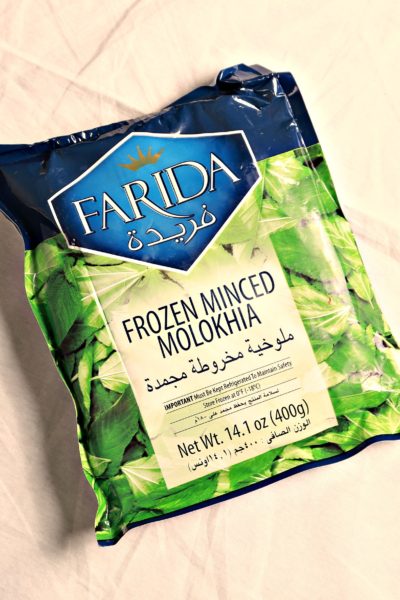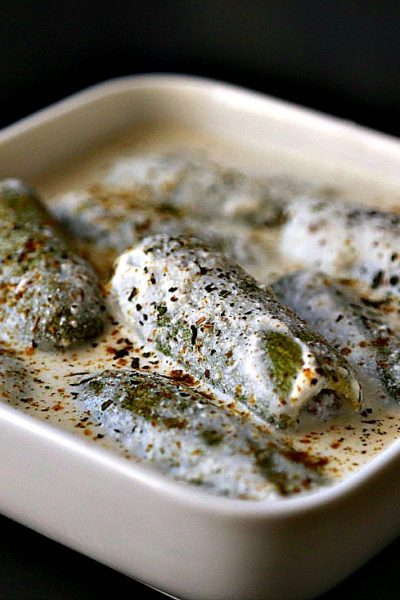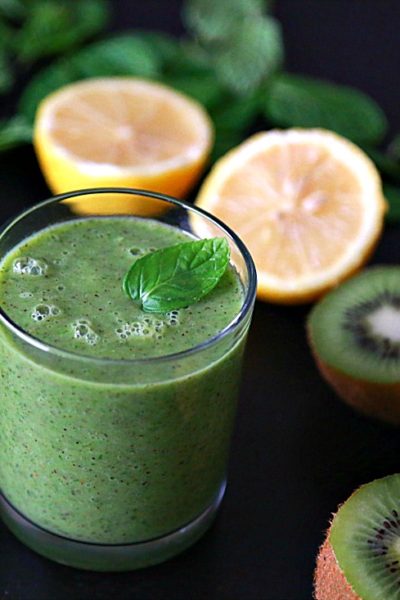Who can end the controversial conflict about organic and the conventional food? Scientists? Biologists? Registered Dietitians? Or Farmers?
This equivocal issue is on the stake these days. Many experts argued that going for organic products is beyond our health but rather for the sake of sustainability and the environment , so as consumers what we should do?

First, are the Organic foods having more nutrition value?
The School of Medicine in Stanford University had published a study in Annals of Internal Medicine on Sept 4 resulted that; organic food is no more nutritious than conventional one. A lot of studies nowadays showed that nutrition value, and calories are the same in organic and conventional foods. But on the other hand, many studies claimed that, organic products have much lower pesticides residues or not at all.
What is the harm of pesticides?
Many people think that pesticides are linked to many types of cancer and birth defects, but is this true? Till now there is no strong evidence showed that pesticides can cause cancer. However, many scientists argued that the vitamins and minerals deficiencies of not eating fruits and vegetables are more harmful than eating products that had been sprayed with pesticides.
What about the dirty dozen 15?
EWG (Non-profit organization) had published in 2011 “the dirty dozen shopper’s guide” to help people identify the products (fruits & vegetables), that has the most amount of pesticides residues even after they had been washed and peeled, so they encourage choosing organic variety of the dirty 15 list which include: Apples, Celery, Sweet Bell Peppers, Peaches, Strawberries, Nectarines– imported, Grapes, Spinach, Lettuce, Cucumbers, Blueberries, and domestic Potatoes. And, of course there is a clean 15 list which they have less pesticide residues which includes Onions,Sweet Corn, Pineapples, Avocado, Cabbage, Sweet peas ,Asparagus, Mangoes, Eggplant, Kiwi, Cantaloupe – domestic, Sweet potatoes, Grapefruit, Watermelon, and Mushrooms.
What about the cost?
Some experts claimed that price shouldn’t be an issue when deciding to buy organic or not, but how come? A lot of American families can’t afford buying the minimum needs to survive, According to the FEEDING AMERICA organization In 2010, 46.2 million people (15.1 percent) were in poverty. And In 2010, 48.8 million Americans lived in food insecure households, 32.6 million adults and 16.2 million children.For whom these studies are published? For the elite categories in the community who read these published papers from their fancy offices? I don’t want to sound soft-headed,but in my personal opinion, “Price does Matter”.
Eventually, as a dietitian and far from politics and economics, going for organic products is a personal choice; if you can afford buying organic go on,but if you can’t afford it, maybe you can support the local farmers in your area, by buying their products, having chat with them about the pesticides they use and know their difficulties. Either way, I encourage everyone to increase their intake of fruits & vegetables.
Will you go for organic products? What are your thoughts? Comment below and share your thoughts!
For Further Reading:
- But do we have to panic? Interesting article about pesticides By: http://www.npr.org/blogs/thesalt/2012/06/19/155354070/why-you-shouldnt-panic-about-pesticide-in-produce
- The potential health effects of pesticide
- Can Organic Farming Feed Us All?
- Organic Farming Isn’t Always Sustainable; Another Threat to Bees





